What do Antichamber, Bientôt l’été and Proteus have in common? ‘They’re all video games’ seems like an innocuous enough, if non-committal response, but is it safe to make even so simple an assertion?
Life has a funny way of leading us up the garden path. Before we know it three entirely separate games have become so intertwined with a single notion in our mind that writing a distinct review for each is the sheer definition of futility. A rather specific example of the general idiom, for sure, but I found myself in such a situation after playing Antichamber, Bientôt l’été and Proteus. Three more disparately similar games one could not hope to begin a wistfully vague and frustratingly oxymoronic article with. Hopefully a little more specificity and fewer indefinite pronouns will help illuminate my plight. Let us first take a look at what these games are.

Antichamber is Alexander Bruce’s long-anticipated, first-person, mind-bending, hyphen-inducing puzzle game. The easiest shorthand is to compare Antichamber to Portal. Certainly the sprawling, connected puzzle rooms, that require the use of a non-lethal gun to solve, are core conceits of both games. In Portal, the gun has a very specific and fixed function that invites players to find increasingly inventive ways to traverse myriad obstacles. The rules of the environment in Aperture Science are largely exactly the same as those in our own world, namely the laws of physics.
This is where the Antichamber-Portal comparison breaks down. In Antichamber the function of the gun changes, or is at least supplemented, throughout the game. Likewise, the rules of the world often vary from room to room. The puzzle, therefore, is to divine the rules, then learn and exploit them. As often as skills learned early in the game will help, they will also hinder player progress.
Antichamber presents the player with both a literal and metaphorical maze. Testing the rules is necessary to progress and learn, giving the player a sense of discovery beyond the usual physical interpretation of exploration. The goal of the game is clear from moment one when a door with a large “Exit” sign is presented to the player. The challenge, then, is not so much of the physical discovery of finding the Exit, but of uncovering the mental barriers that must be broken down in order to escape through it.

Tale Of Tales’ Bientôt l’été is not so easily described. The Cane And Rinse review discusses the emotions and themes of the game, but I’ll try for a more succinct ‘elevator pitch’ here. The player is a space traveller using a galaxy-spanning communication system to attempt to find intimacy with other users. The communication system takes the form of a holographic representation of a beach, upon which the player must walk and explore to find the tools for the second part of the game.
Said second part of Bientôt l’été is a café in which the player interacts with another user by moving chess pieces to converse, drinking wine, playing music and smoking cigarettes. These mechanics are not difficult to discern, but nor are they offered freely to the player. The in-game instructions detail all of the button presses at the player’s disposal, but it’s rarely clear what the result of a given command will be. This speaks directly to the game developer’s assertion that there is no goal in Bientôt l’été, instead it is a world and a set of systems that should be indulged in, and explored. To what end is entirely for each player themselves to decide.
Pictures are often better than words in understanding video games, and that is certainly true of Proteus. A randomly-generated, pixelated and colourful world of trees, lakes and animals for the player to explore and interact with sounds an awful lot like Minecraft. At first glance a screenshot of Proteus would probably look a little like Minecraft too, but to make that comparison would be a disservice to what Ed Key and David Kanaga have created. Upon closer inspection the pastel colours and flat textures aren’t a function of necessity, but are specifically designed to create a world that, for all its similarities to our own, is something (somewhere) else.

The only player inputs are standard navigation, which encourages the player to explore through a denial of the usual means by which to affect the environment. Moving towards the animals, however, will elicit a response in the form of them leaping away from you. That small cause-effect is accompanied by musical notes that add to the almost procedurally generated music, and makes for such a wonderfully simple type of interaction as to evoke feelings of being a child or, perhaps, a dog or cat chasing after something unknown to discover and learn from it.
Being limited to only movement and camera controls brought to mind Dear Esther. The minimisation of the sort of systems and mechanics often layered upon games that similarly have exploration at their core serves to focus the player upon that discovery. It also affords the player time to consider what they are seeing and hearing around them, to process the information and form some notion, born from their unique personality and experiences, of what the game means.
It is probably apparent that these three video games (if I can be allowed to refer to them as such for a while longer) share a core tenet of exploration. In Antichamber the exploration is focused upon the rules and the systems that the player must understand to complete the game’s goal. Proteus, however, strips away such rules and systems and relies instead entirely on the joy of physical exploration to provide the player with nourishment. I think it’s fair to say that Bientôt l’été sits somewhere in the middle – combining physical exploration with the discovery of systems and mechanics that will allow the player to interact with both the world and the other player inhabiting it.
I’ve talked a lot about exploration, but perhaps ‘discovery’ is a more apt word to use for the shared theme of these games. Each presents a mystery of sorts to the player and invites them to discover not only what lies behind the proverbial curtain, but what the game means to the player. Often a video game has a clear message or moral for the player to take away from the experience; I’d argue that Antichamber, Bientôt l’été and Proteus all ask the player to bring something to their time spent with each in the hope that the message is somewhat different from player to player.

When I hear the phrase ‘… is not really a game’ I often wonder about the authority of such a statement. Tussling over the meaning of words has me reaching for the dictionary before wading in, and the outcome was interesting. Certainly, the words we associate with a game often relate to its being competitive in some way: skill, luck, endurance, rules, goals, win and lose are all such words. It therefore becomes easy to assert that an activity, video game or otherwise, without these facets cannot be called a game. Interestingly though, a common thread in various definitions of ‘game’ was that it is ‘a form of play or sport, especially a competitive one played according to rules and decided by skill, strength, or luck’. Other words, such as amusement or pastime, come up, which do not necessitate a competitive edge to the activity.
When considering the differences between Antichamber, Bientôt l’été and Proteus, one word rings out loud and clear: goals. Antichamber is very clear in the goal that the player is to reach, whilst Bientôt l’été is equally clear in the absence of a goal. In Proteus there are triggers that move the player forward to an endpoint of sorts, but there is no goal, certainly not one that requires skill (in the traditional sense of the word) to reach. I could debate the semantics of whether or not the emotional intelligence required to discern meaning from the visual and audio experience of playing Proteus constitutes skill, but it doesn’t change the fact that anyone can ‘complete’ the game and take something from having done so.
Does the lack of a fail state informing the player that they must do better rob them of their sense of achievement? I can attest to an overwhelming sense of gratification felt upon finally breaking through a barrier in Super Meat Boy, The Binding Of Isaac or Demon’s Souls. Undoubtedly this was the result of knowing that I had improved sufficiently at managing the various mechanics and systems that dictate success in each of those games.

But are experiences of which anyone can partake inherently less virtuous? Surely no one would contend that? No, I think instead we have come to the crux. A film or a book may present content or evoke emotions that its audience would find so challenging as to prevent finishing, but we wouldn’t ever talk of having ‘beaten’ a book, nor ‘completing’ a film. It is a matter of nomenclature upon which the ‘not a game’ argument stands.
My question is this: does a video game like Proteus have a place on our sliding scale of ‘game’? If we assert that skill, goals and failure are necessary for entry into the hallowed halls of ‘video game’ then I’d argue that we run the risk of creating fragmentation where there need be none. Even if the term ‘interactive experience’ is suitable for Dear Esther and Proteus, what ill comes of affording them recognition as video games. They share many of the same identifiable qualities and heritage as any other video game and offer as much in return.
Finally, I wonder if words like ‘beaten’ and ‘completed’ are core to the nature of playing video games because our self esteem is somewhat tied to the notion that we, as players, have achieved something that other, less worthy individuals could not. If so, then I ask each and every one of us to look long and hard at our measures of self worth, because they are barriers to the video games we, I, love becoming more established forms of entertainment, nourishment and amusement. If you want to know why video games are so easy to hang out as society’s scapegoat then look no further than your own prejudices before uttering the phrase ‘not a game’ in that haughty, distasteful tone.












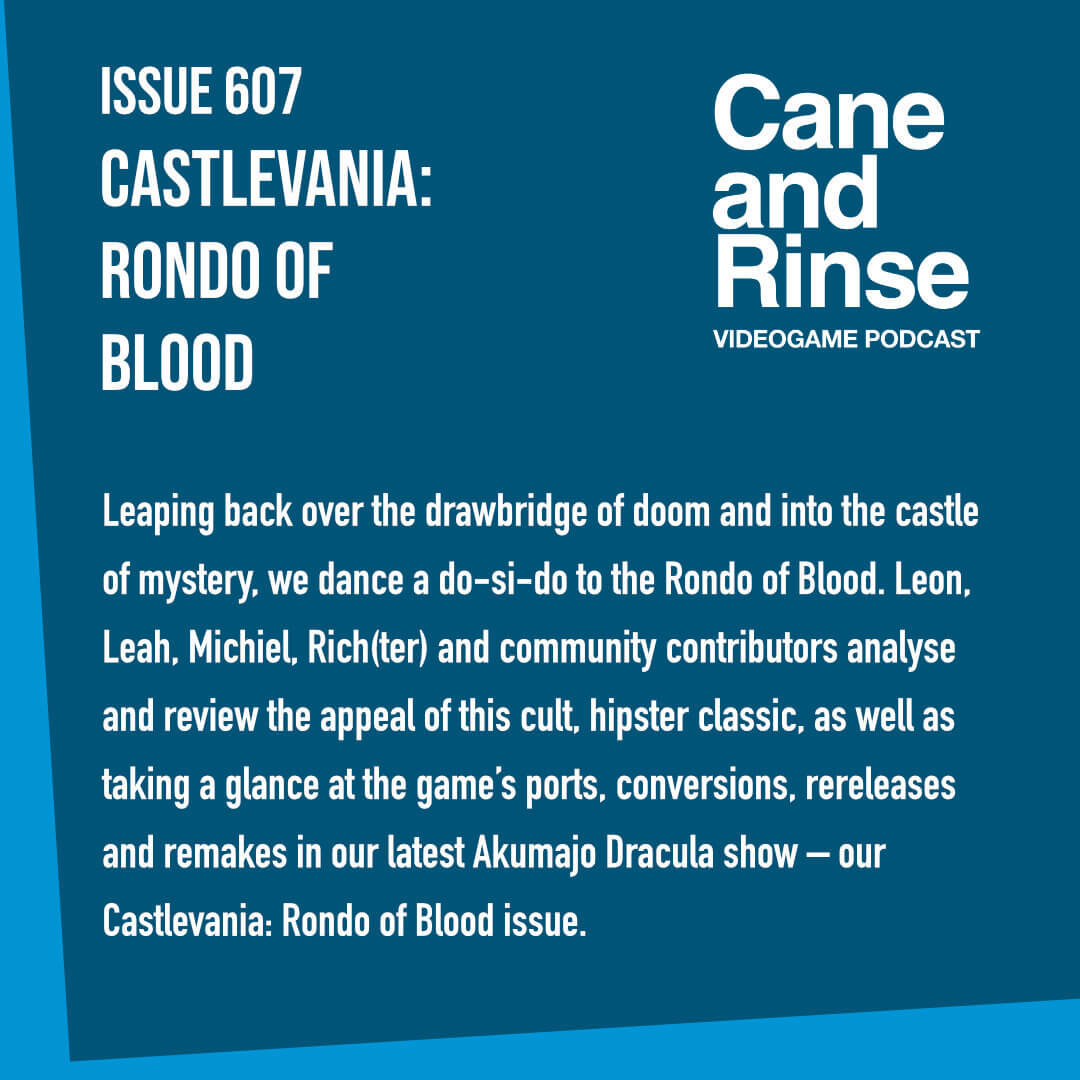
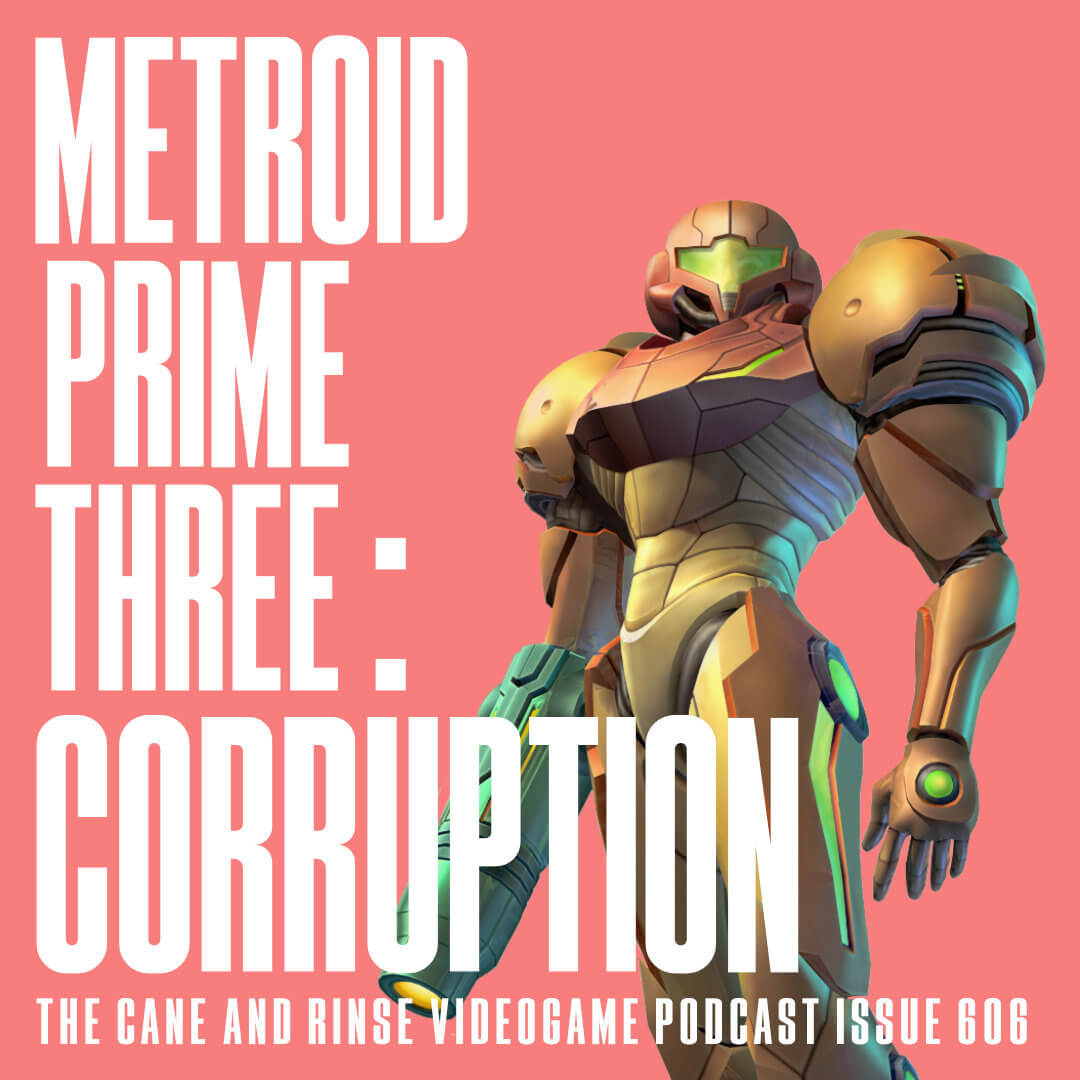
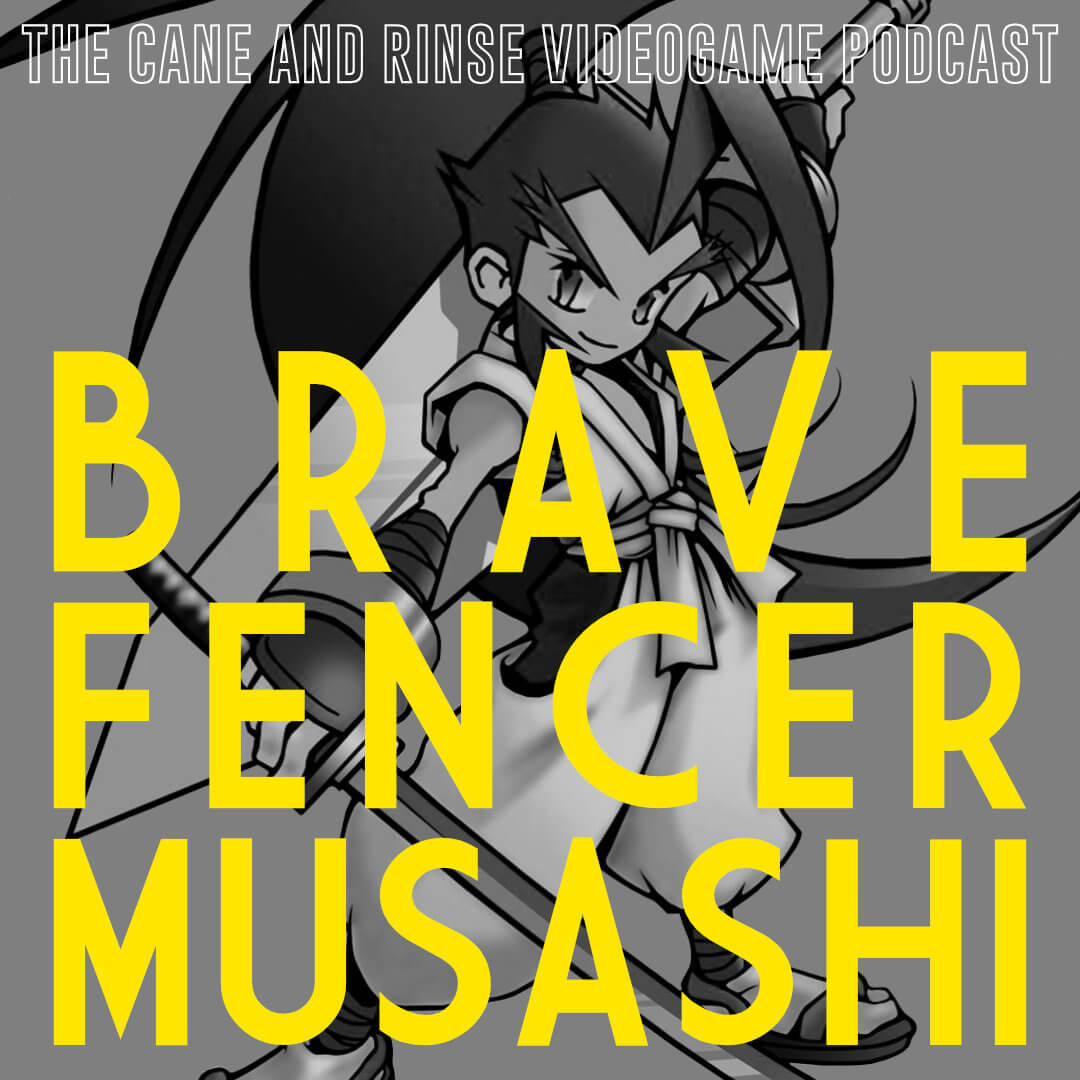
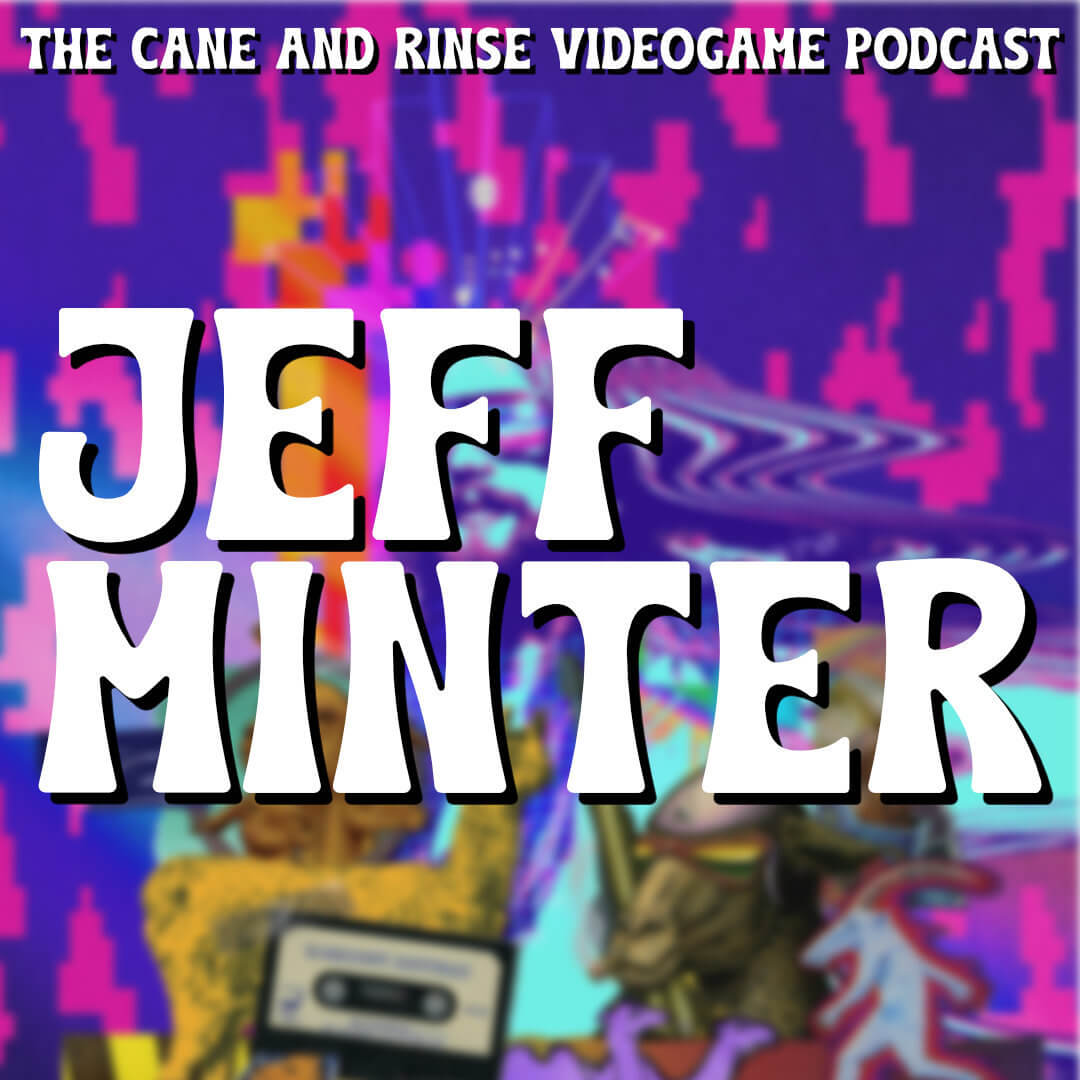
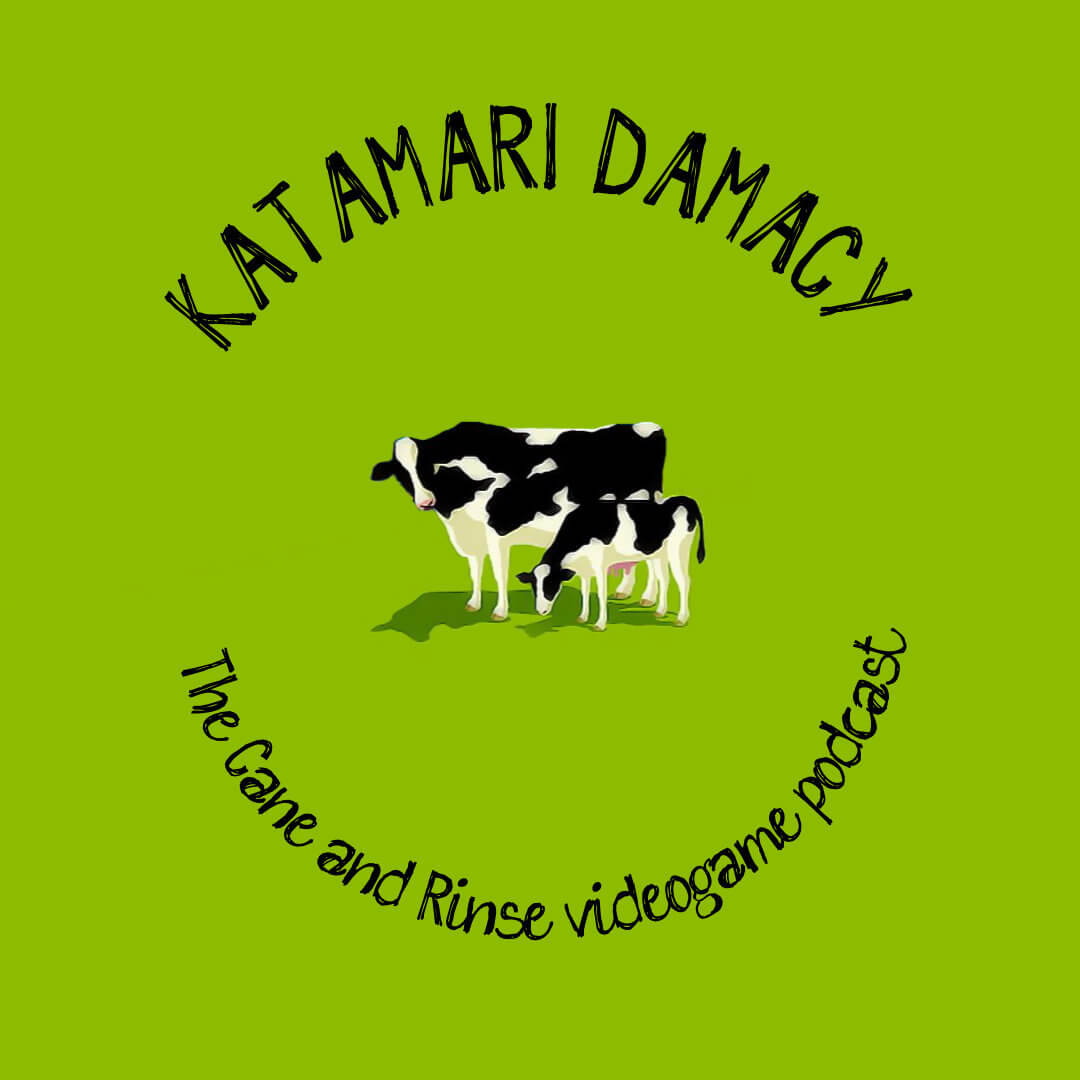
Great blog. The stuff at the end was particularly interesting. I think it is true that some people who say that certain “games” are not games are saying so as if to demote them to being “not worthy” of being called games, even if it’s not specifically about self esteem.
Not so long ago I wrote a blog on this topic too. I describe what I think is a pretty good working definition, but I also talk about what that means for these “not-games”, as I call them. It’s not about exclusion or fragmentation. It’s not a bad thing at all to recognise something for what it is, and doing so doesn’t make them any worse. I go in to that further in the full blog:
http://www.destructoid.com/blogs/Scrustle/it-s-not-a-game-but-that-s-okay-244926.phtml
Thanks for reading, and for the link. I completely agree that recognition of different mediums isn’t bad, and shouldn’t inherently lead to fragmentation or exclusion. However, I do not see the need to recognise this different medium at all. As you mention, it’s hard to draw a distinct delineation between video games and ‘not-games’ and to me it’s arbitrary to attempt to. It could be argued that Farmville and similar Facebook games have objectives, but no criteria for success and failure beyond the perceived entertainment and fun they offer. Which is where the all-important ‘competitive clause’ comes in. Games often are competitive in nature, but they do not have to be.
What results from the ‘it’s not a game’ assertion is that a significant proportion of coverage for Proteus and Dear Esther are lost to it. Whilst I agree that defining these games as some other form of media would quell the dismissive reaction, I cannot help but feel that this would be to pander to the pitchfork-wielding crowd who guard video games just as fastidiously and aggressively as those who attack the medium.
In my opinion Proteus should not be described as a ‘game’. It’s more like a tech demo (and a very uninteresting and pointless one).
It ranks as one of the worst games I’ve ever played in 25 years of gaming. There is no gameplay. The games trophies don’t even make any sense.
The PS3 got many similar titles I wouldn’t describe as ‘games’. Flow, detuned, Aabs Animals, Noby Noby Boy etc.
Hi rob,
Thanks for your response. I can’t imagine we’ll ever agree on this issue, but I do appreciate you taking the time to read and put your own perspective forward.
I’m afraid, to my detriment, when I hear/see ‘it’s not a game’ I am predisposed to hear my brother or mum say “that’s not music” to whatever raucous album I happen to be playing. Of course, what they really mean is ‘I don’t like this music’, but the denigration is much more satisfying to them.
I understand, of course, that there’s a technical (and not purely emotive) distinction here, and perhaps I should present a more technical response. In television and film, there are several genres (documentary, reality, news, short, quiz, home) that would not fit many definitions of the medium from the perspective of someone who predominantly engaged with, for example, fictional films and TV programmes. The mediums are expansive (though they weren’t always), including a massively diverse range of genres and forms, and this is how I see it with video games.
I do not see a distinction in the form, because a ‘not-game’, or tech demo without goals or gameplay (though I personally disagree where Proteus is concerned) is built with the same tools (engine, code, art, sound) and is interacted with in the same manner (screen, UI, input device, controls). In the same way, a film is built with the same tools (camera, set/location, actors,…) no matter the genre or form it takes. The term identifies the medium and not the experience, for me.
Anyway, it was lovely to read your thoughts and consider the issue again. Sorry you didn’t enjoy Proteus. Though we will likely eternally differ in whether or not it can be considered a video game, I can completely sympathise with finding a game (or not-game) to be disappointing and frustrating. Why, Uncharted series, what are you doing here? 😉
Hi James. Thank you for comment. I’m a big fan of the podcasts (Hitman: Blood Money, Bully, Borderlands & Goldeneye were especially great). I thought I’d check out the website and left my first comment yesterday. Your response was a nice surprise 🙂
Proteus and the other ‘games’ I mentioned do have some qualities about them I can agree (artistic design, sound, the interaction etc.) My thinking is more like this however, you may remember Kara (a promotional tech demo for the PS3) which has now been fully developed into a ‘proper game’ called Detroit: Beyond Human for PS4 which (at least in my opinion) will be the best game of this generation by a clear mile. Much like Heavy Rain last generation which started in the same way. Games depend heavily on the purpose you’re playing it, the goal, the objectives, the story etc. To be a videogame these things are pretty much essential.
For example, if you took the story, coins and stars etc. out of Mario 64 it wouldn’t have been the best game of all time. Sure, it would have looked great and been fun to experiment with but it would not have been the game it was.
Let’s take Perfect Dark as another example (my second favourite game of all time), take away the enemies, the objectives, the difficulty levels, the story etc. and you’d be left with a completely shallow experience. Looking around empty areas for no reason other than to say “Oh, that window looks good” or “Oh, I can look up and down. Right, I’m bored of this now. I need to play something”. 😀
I definitely see why Proteus and its ilk frustrate you, rob, and I completely agree that removing elements from Mario 64 or Perfect Dark would upend them entirely. I think the fundamental difference between our approaches is in what aspects and ingredients we consider to be essential in a video game. To the unending frustration (I’m sure) of anyone who’s listened to me on the Cane And Rinse issues covering Tale Of Tales, Proteus or Dear Esther, I flock to games that are very vague (or even entirely lacking) when it comes to story and goals.
That said, it really wouldn’t matter to me whether such games/experiences/whatever were called ‘video games’ or something else. I’m just not sure it’s possible, were there a reclassification of the titles you mention, to draw a clear line between games and game-like experiences, whilst avoiding as much frustration as you currently feel. For example, could we create a definition that would robustly differentiate between first-person exploration-heavy games/experiences like Proteus, The Stanley Parable, Portal, A Beginner’s Guide, Dear Esther, Everybody’s Gone To The Rapture and Amnesia?
One of the many reasons that I love video games as much as I do is how varied they can be. Developers pushing the edges of what’s possible and even acceptable in a medium or an art form (like video games) is an endless source of inspiration for me. I honestly believe that if we created distinctions between goal-oriented games and goalless experiences they would almost immediately be challenged and found wanting by games (or experiences) that transgressed the boundaries and filled the divisions.
Like I said earlier, I do recognise your frustration. I also completely accept that it is important to ensure that customers are made aware of the type of game they are buying. I, for example, know to avoid rhythm-action games like the plague, and would feel particularly irked if one was sold to me as something else. Hopefully developers and publishers of ‘goalless experiences’ (like Proteus) can find ways to ensure that their products are easily identifiable as such.
Thanks again for your comments, it’s been really interesting to read your views. Hopefully I haven’t been too off-putting in my responses. Thanks also for listening to the podcast; I’m flattered to have been on three of the four issues that you mentioned. 🙂
Your responses have been very good to read James, I really appreciate you taking the time to discuss this subject.
If could suggest a few games for future podcast discussion – Perfect Dark, Perfect Dark Zero, GTA: Vice City, Sonic Adventure 1, Metroid Prime 1.
Or maybe some unappreciated classics such as Shadow of Memories, Mindjack, Mr.Moskeeto. 🙂
Cheers!